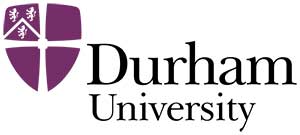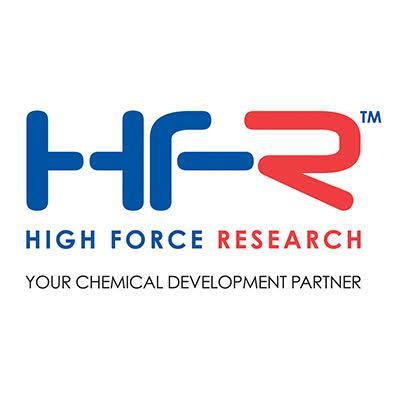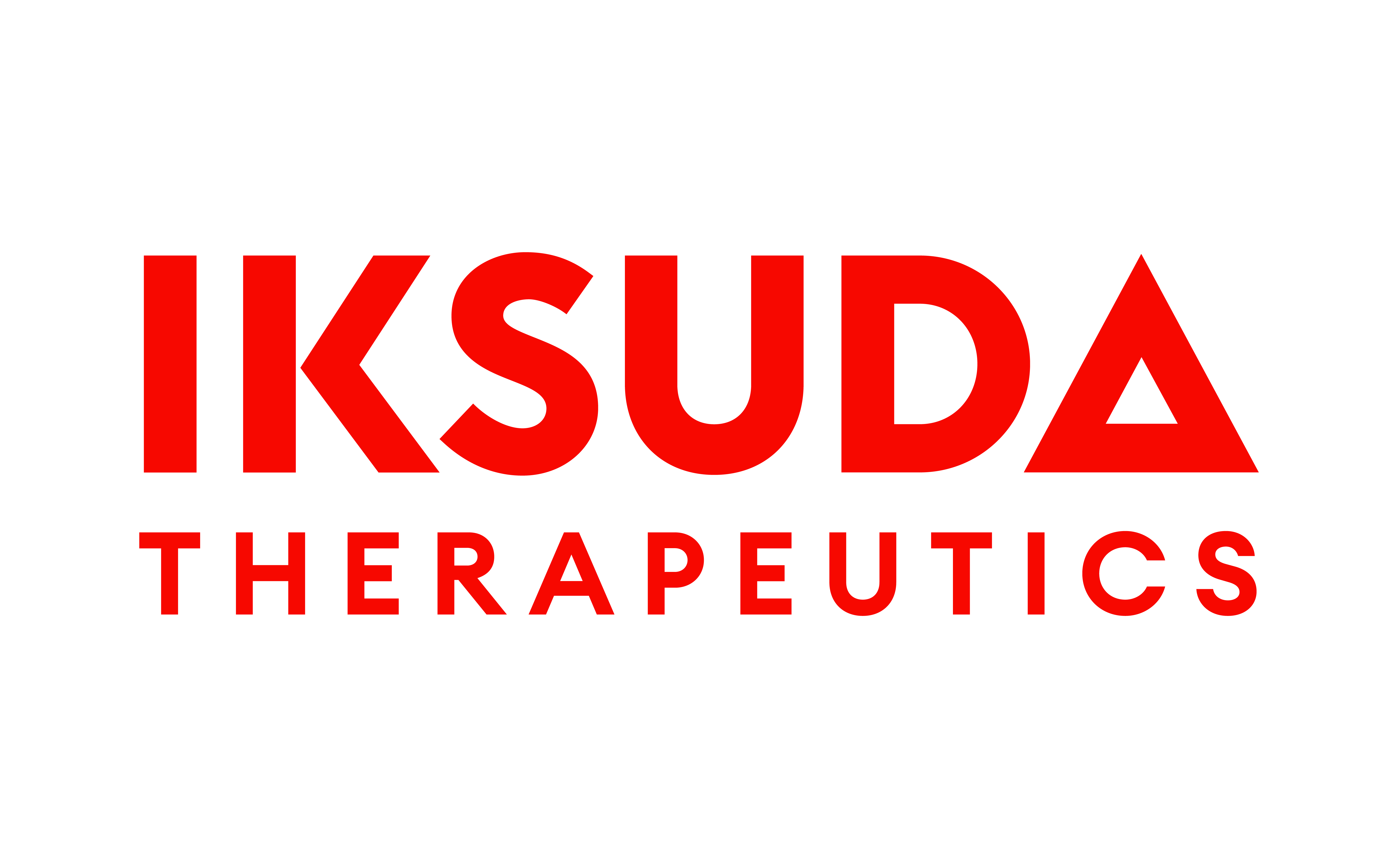Cohort 3 (2021-2025)
.jpg) Victoria Burge
Victoria Burge
- CDT Doctoral Researcher Dr Paula Salgado
- Email: v.burge@newcastle.ac.uk
- Project Title: Exploring functionality of C. difficile engulfasome proteins
Institution: Newcastle University
Project Summary: A healthy gut microbiota contains over 500 bacterial strains that prevent colonisation of Clostridioides difficile. However, treatment with broad-spectrum antibiotics significantly reduce this intestinal microflora, allowing C. difficile to multiply resulting in C. difficile infections (CDIs) that can lead to pseudomembranous colitis, toxic megacolon and even death in more serious cases. Although there are some therapeutic options that lead to successful treatment, recurrence is prevalent in up to 55% of cases.
C. difficile form spores which are highly resistant to physical and chemical agents, this allows high transmission rates via faecal-oral route making CDIs a particular problem in hospitals with particular risk to the elderly and those with compromised gut microbiota. This project will focus on the understanding of the early stages of sporulation with particular focus on the functionality, selectivity, and metal requirements of the peptidoglycan hydrolases SpoIID and SpoIIP, with the hope to identify unexploited C. difficile-specific therapeutic targets.
Interesting fact: I am a qualified open water scuba diver.






















